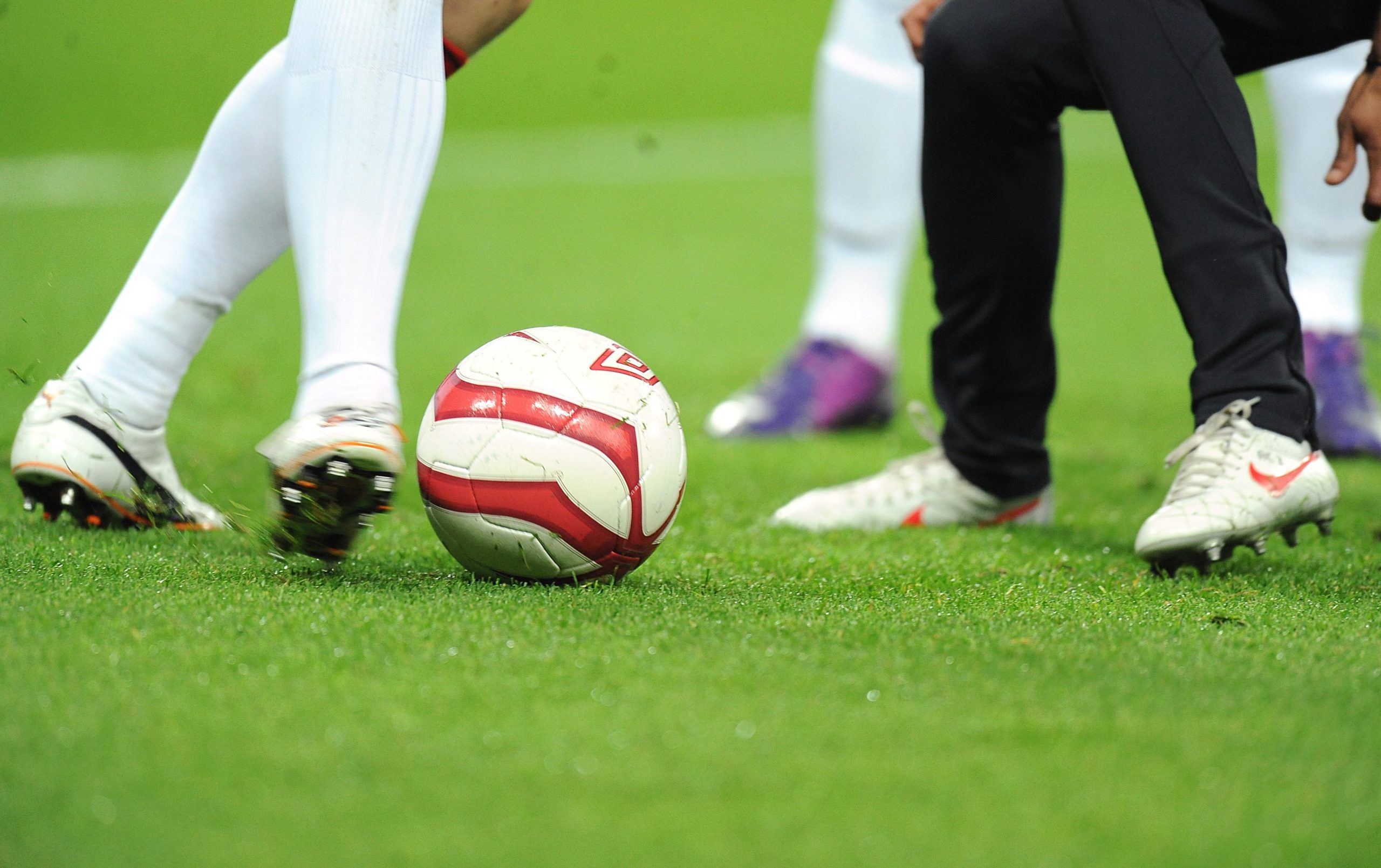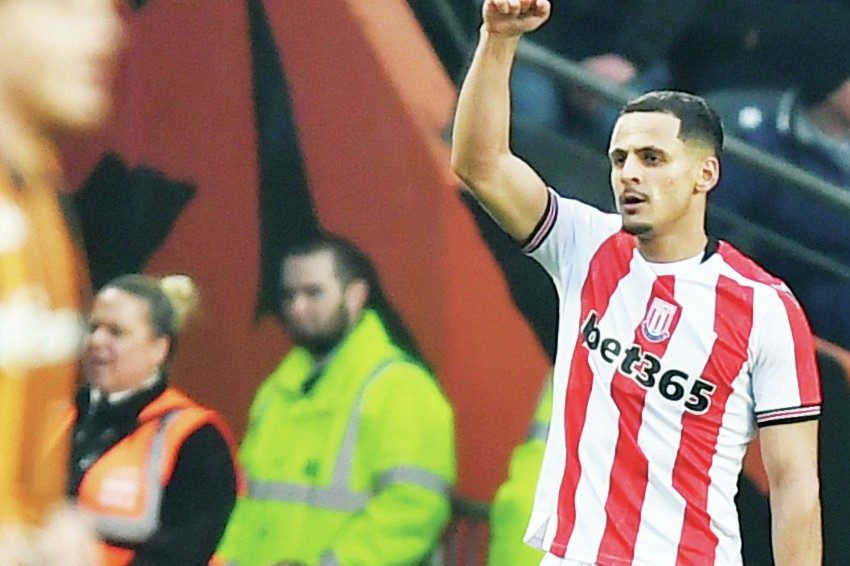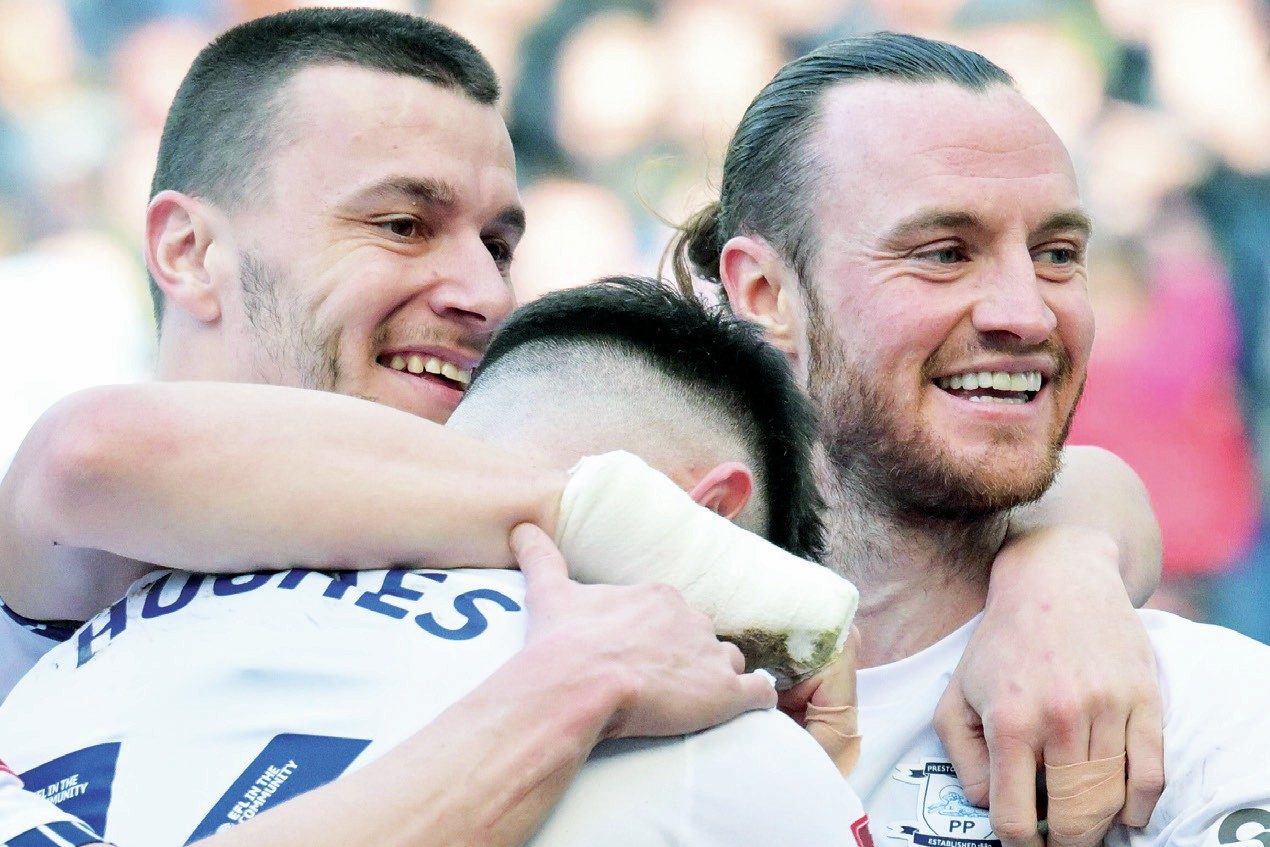
As Ruben Amorim paces the Old Trafford technical area, his gaze occasionally drifts upward to the weathered rafters of a former footballing cathedral. The Portuguese tactician now finds himself the latest custodian of a dream that has consumed five previous Manchester United managers since Sir Alex Ferguson’s departure. Each arrived with promises of restoration; each departed with that dream unfulfilled and with the club struggling in the football betting.
Amorim’s appointment arrives at a pivotal moment in United’s modern history. The club stands on the precipice of a new era, with plans for Old Trafford’s replacement gathering momentum. Jim Ratcliffe’s vision for a “Wembley of the North”—a gleaming 100,000-capacity monument to football’s future—looms on the horizon.
Amorim will surely harbour ambitions of being the figure who leads the team onto that pristine pitch when it eventually materialises, ushering in a dynasty worthy of such an arena, where the club is competitive and dreams of an outside shot at Champions League odds arrive almost two decades on from real success.
Yet the distance between such dreams and Manchester United’s current reality stretches like a yawning chasm. The club’s decline from football’s pinnacle has been prolonged and painful, each false dawn giving way to darker nights. The route back to glory remains obscured by the shadows of past greatness—a journey that appears increasingly labyrinthine with each passing season.
To comprehend the magnitude of Amorim’s challenge—and perhaps find the breadcrumbs that might lead Manchester United home—we must return to the last time the Red Devils truly conquered all before them.
Between 2007 and 2010, Ferguson orchestrated perhaps the most complete expression of his footballing philosophy—a period that saw the red side of Manchester reclaim the top position at the summit of English football before scaling European heights, only to discover that even the mightiest empires have their natural boundaries.
The turn of the millennium cast long shadows across Old Trafford. Arsenal’s “Invincibles” had redefined perfection in 2003/04, while José Mourinho’s Chelsea, bankrolled by Roman Abramovich’s billions, constructed a seemingly impenetrable blue wall across London. For the first time in the Premier League era, United found themselves cast as supporting characters with a football bet in others’ triumphant narratives. Ferguson’s empire, it seemed, was fading into the twilight.
Gone were the stalwarts of the 1999 treble—Roy Keane and David Beckham, as well as 2000s talisman Ruud van Nistelrooy—replaced by younger, hungrier talents. Wayne Rooney and Cristiano Ronaldo, initially raw and unrefined, were transformed through the Scot’s alchemic man-management into the Premier League’s most devastating partnership.
The two seasons between 2006/07 and 2007/08 represented the perfect synthesis of Ferguson’s vision—a team that combined English grit with continental flair, defensive resolution with attacking fluidity.
At its heartbeat, Ronaldo, transformed from flashy winger to devastating scoring machine. His 42-goal campaign across all competitions represented not merely statistical dominance but a psychological breakthrough—the Portuguese had transcended mere talent to achieve something approaching footballing divinity.
Moscow’s rain-soaked Champions League final against Chelsea became the defining canvas upon which this team’s greatness was painted.
The penalties — John Terry’s slip, Edwin van der Sar’s decisive save against Nicolas Anelka—these moments crystallised into a triumph that felt both predestined and miraculous. The Premier League and Champions League double placed this United vintage alongside the immortals of the club’s storied history, perhaps even surpassing the 1999 treble winners in terms of sustained excellence, if not dramatic narrative.
The following season brought a third consecutive Premier League title—an achievement that emphasised United’s restored dominance of the English landscape. Yet, it also foreshadowed the end of an era.
Barcelona’s masterful dismantling of United in the 2009 Champions League final in Rome exposed the limits of even Ferguson’s tactical ingenuity. Against Pep Guardiola’s carousel of possession, United found themselves chasing shadows, reduced to spectators at their own coronation. The 2-0 scoreline flattered United; the philosophical gulf between the teams appeared unbridgeable.
Worse was to follow as Cristiano Ronaldo departed for Real Madrid’s Galactico project in a world-record £80 million transfer. Though financially lucrative, his exit tore the heart from United’s attack.
The winger had evolved beyond mere player status to become a gravitational force around which United’s entire tactical approach orbited. His departure left not merely a gap in the team sheet but a void in United’s collective identity.
Amorim faces the monumental task of reviving Manchester United, much like Ferguson did in 2007–2009. That era offers both inspiration and warning: success demands vision, bravery, and talent development—not just marginal gains.
Ferguson’s genius lay in blending individual brilliance with tactical coherence, something post-Fergie managers have failed to achieve. Amorim inherits a fractured squad and must build a new identity that respects tradition but embraces modern demands. The club’s rebirth won’t come from nostalgia, but from cultural reset and strategic reinvention. United’s past proves it’s possible—now it’s Amorim’s turn to try.









